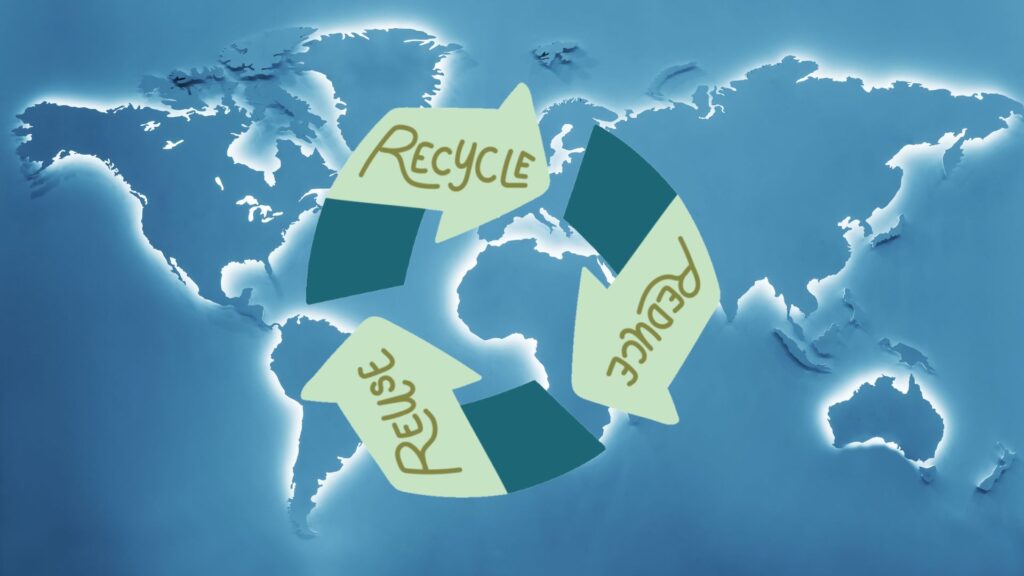Greenhushing – Why Some Companies Stay Silent About Sustainability and Why Transparency is Key
The Growing Role of Sustainability in Business Sustainability has become a crucial focus for businesses worldwide, with organizations investing in climate-positive initiatives, nature-positive solutions, and obtaining climate certifications to align with global environmental goals. However, a surprising trend is emerging—many companies are choosing to stay silent about their sustainability efforts. This phenomenon, known as “greenhushing,” refers to companies deliberately downplaying or avoiding publicizing their environmental progress. While this may seem counterintuitive, it is often driven by: Despite these concerns, businesses that embrace authentic and transparent sustainability communication not only build consumer trust but also position themselves as leaders in the global transition to climate and nature-positive solutions. For industries like travel and tourism, where sustainability and regenerative tourism are becoming key decision factors for eco-conscious travelers, hiding environmental initiatives can mean missing out on business growth and industry leadership opportunities. Why Some Companies Choose to “Greenhush” Several factors contribute to the reluctance to communicate sustainability achievements: 1. Fear of Accusations of Greenwashing 2. Complexity and Uncertainty in Sustainability Metrics 3. Regulatory and Legal Risks 4. Fear of Backlash from Activists and Consumers Why Transparency in Sustainability Matters While greenhushing may seem like a low-risk strategy, staying silent comes with significant downsides: 🌱 Loss of Consumer Trust 📈 Missed Business Opportunities 🌍 Lack of Industry Leadership How Companies Can Avoid Greenhushing While Staying Credible Instead of avoiding sustainability discussions, businesses should focus on clear, measurable, and transparent communication. ✅ 1. Use Verified Data & Certifications ✅ 2. Set Realistic Goals & Show Progress Rather than presenting sustainability as an all-or-nothing achievement, businesses should: ✔️ Show incremental progress and acknowledge challenges✔️ Highlight measurable results rather than vague claims✔️ Make sustainability part of their brand storytelling For example:💡 “We are on track to reduce carbon emissions by 40% by 2030 and are working toward achieving net-zero by 2040.” 💡 “Through our partnership with Forest Friends, we have planted 50,000 trees in deforested areas, restoring biodiversity and sequestering carbon.” ✅ 3. Engage Stakeholders Honestly Being open about what’s working and what still needs improvement builds credibility. Businesses can leverage: 📢 Annual Sustainability Reports – Provide detailed environmental impact data📢 Social Media Updates – Share sustainability stories and milestones📢 Webinars & Public Discussions – Educate stakeholders and showcase sustainability commitment📢 Collaboration with Environmental Organizations – Strengthen industry partnerships In the travel and tourism sector, transparency can mean:🏨 Eco-lodges sharing energy-saving initiatives🚢 Yacht charters promoting low-impact marine tourism✈️ Airlines showcasing carbon offset programs ✅ 4. Follow Standardized Reporting Frameworks Adopting globally recognized reporting standards ensures: The most recognized frameworks include:📊 Global Reporting Initiative (GRI) – Comprehensive sustainability reporting📊 Science-Based Targets Initiative (SBTi) – Climate action goal alignment A Future of Climate-Positive and Nature-Positive Business Leadership While greenhushing may seem like a short-term risk reduction strategy, staying silent about sustainability can be just as risky as greenwashing. Companies that embrace transparent, data-backed sustainability communication will:✔️ Build consumer trust✔️ Strengthen brand reputation✔️ Position themselves as industry leaders In travel and tourism, where regenerative tourism is gaining momentum, businesses that share their sustainability journey will lead the way toward a more responsible and sustainable industry. 🚀 The future belongs to companies that take bold, transparent steps toward a climate and nature-positive world. Take Action With the Right Partners If your company is working toward sustainability and wants to communicate its efforts strategically and effectively, we can help! ✅ Green Initiative offers climate certifications for businesses looking to prove their commitment to climate and nature-positive practices. ✅ Forest Friends provides reforestation certifications, allowing individuals and businesses to support tree-planting efforts in endangered areas. 📢 Ready to position your brand as a sustainability leader? Let’s talk to start your journey today.










